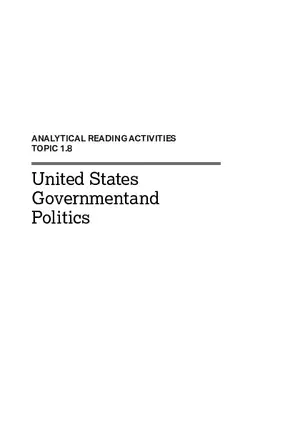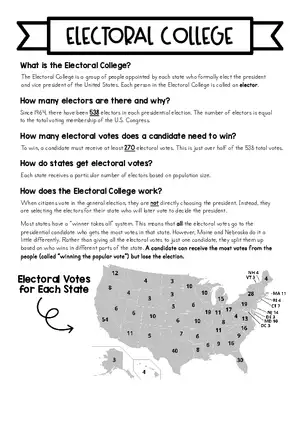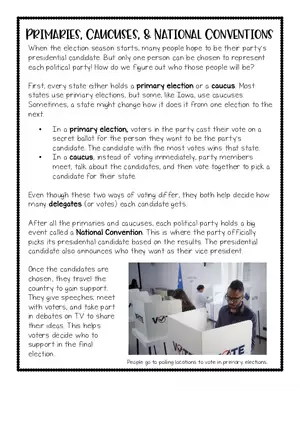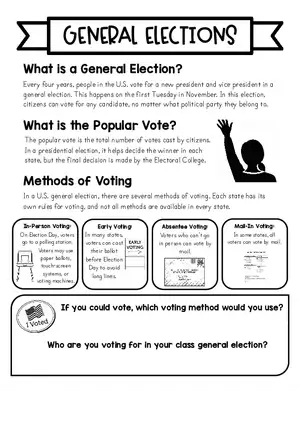Lecture Note
Legal: Writing Modules 3 and 3.4
-
University:
Illinois State University -
Course:
POL 101 | Government & Politics Academic year:
2020
-
Views:
86
Pages:
2
Author:
Lily Hill
Related Documents
- Create Your Own Government
- Federalism Pros and Cons Lecture
- American Government Finals Form
- Gov Bureaucracy Quiz Study Guide
- Legal: Module 3
- Legal: Module 4
- The Lobbying Landscape And Beyond 15 Groups To Know
- Debate Structure Template
- Graphic Organizer Branches of Government
- Are Parliamentary Systems Better
Report
Tell us what’s wrong with it:
Thanks, got it!
We will moderate it soon!
Report
Tell us what’s wrong with it:
Free up your schedule!
Our EduBirdie Experts Are Here for You 24/7! Just fill out a form and let us know how we can assist you.
Take 5 seconds to unlock
Enter your email below and get instant access to your document













